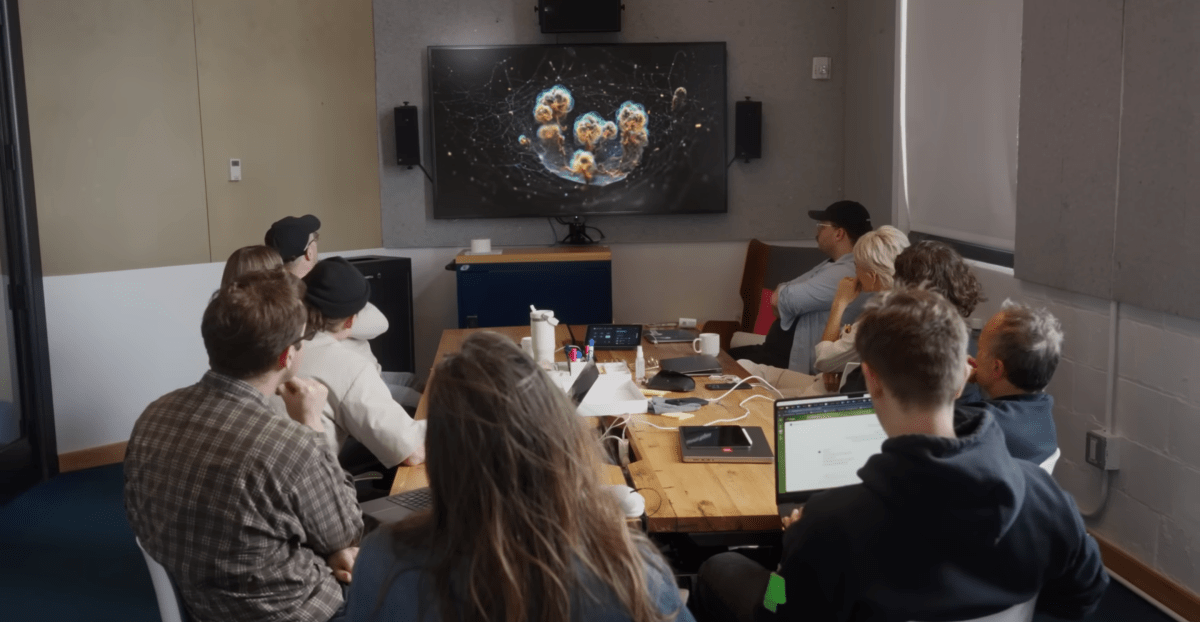Eliza McNitt’s short film Ancestra exemplifies the growing interest in generative AI among Hollywood studios, utilizing AI tools from Google’s DeepMind to create visual elements. The narrative centers on an expectant mother (Audrey Corsa) praying for her baby’s heart defect to heal, blending real actors and AI-generated imagery. Despite its heartwarming premise, the film’s reliance on AI-generated visuals feels clichéd and lacks narrative depth, suggesting a trend towards content that could diminish jobs in the industry. McNitt’s choice to use CGI for a newborn baby reflects the production challenges of casting infants but raises concerns about the impact of AI on traditional roles in filmmaking. While tech has advanced in the industry, the current limitations of generative AI may not yield the compelling narratives needed to attract audiences. Ultimately, Ancestra appears more as a promotional tool for Google rather than an innovative cinematic achievement, raising important questions about the role of AI in creative industries.

Share
Read more